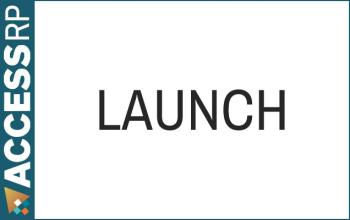data-analysis
Organizations
There are no Mentorships associated with this topic. View All Mentorships.
Affinity Groups
| Logo | Name | Description | Tags | Join |
|---|---|---|---|---|
| Launch | Launch is a regional computational resource that supports researchers incorporating computational and data-enabled approaches in their scientific workflows at eleven under-resourced institutions in… | Login to join |
Announcements
Upcoming Events & Trainings
No events or trainings are currently scheduled.
Topics from Ask.CI
Loading topics from Ask.CI ...
Knowledge Base Resources
There are no Resources associated with this topic. View All Resources.
People with Expertise
Laura Christopherson
RENCI
Programs
Campus Champions, CCMNet
Roles
research computing facilitator, CCMNet

Expertise

Expertise
burak konduk
Metropolitan State University
Programs
ACCESS CSSN, Campus Champions
Roles
mentor, researcher/educator, research computing facilitator, cssn

Expertise
People with Interest
Sue Oldenburg
Rutgers University
Programs
Campus Champions
Roles
research computing facilitator, Affinity Group Leader

Interests

Interests
Dung Vu
California State University-San Bernardino
Programs
ACCESS CSSN, Campus Champions
Roles
research computing facilitator, CIP


